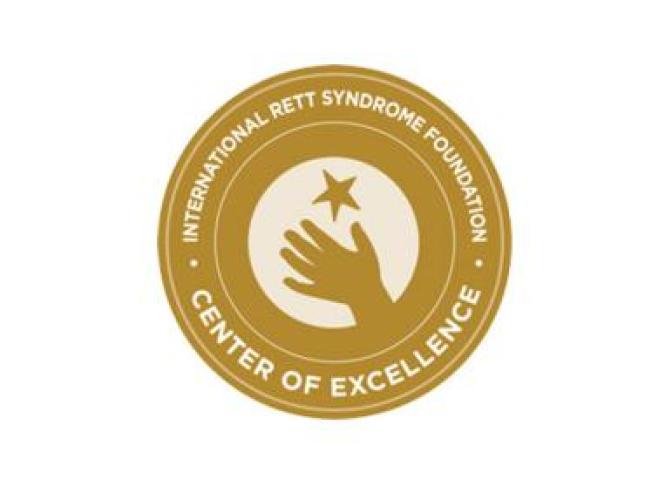Rett Syndrome (RS) is a neurological disorder often misdiagnosed as autism, cerebral palsy or non-specified developmental delay. This disorder is caused by mutations in the MECP2 gene that disrupts its function. Although it has been primarily reported in females more males are being identified.
Unlike females, who have two X-chromosomes, males have an X and a Y chromosome. Because males lack a "backup" copy of the X chromosome that can compensate for a defective one, mutations in MECP2 are often more severe in males than females. Rett Syndrome occurs in a variety of racial and ethnic groups worldwide, and is now known to occur from one in every 10,000 to one in every 23,000 female births.
Development appears normal until 6-18 months of age, followed by loss of acquired speech and hand skills, slowing of head growth and development of stereotyped repetitive hand movements (i.e., handwashing, hand wringing, hand tapping, hand clapping and hand mouthing), loss or difficulty with mobility. Stereotyped hand movements may change over time, and additional problems may include seizures, breathing irregularities (hyperventilation and apnea), teeth grinding and curvature of the spine (scoliosis). Approximately 99.5 percent of RS cases occur only once in a family. Barring illness or complications, survival into adulthood is expected.

International Rett Syndrome Foundation Center of Excellence
Kennedy Krieger Institute is one of 15 institutions in the United States that has been designated as a Center of Excellence by the International Rett Syndrome Foundation. This special honor recognizes Kennedy Krieger’s dedication to providing best-in-class clinical care for patients with Rett syndrome, a rare neurological and developmental disorder.
